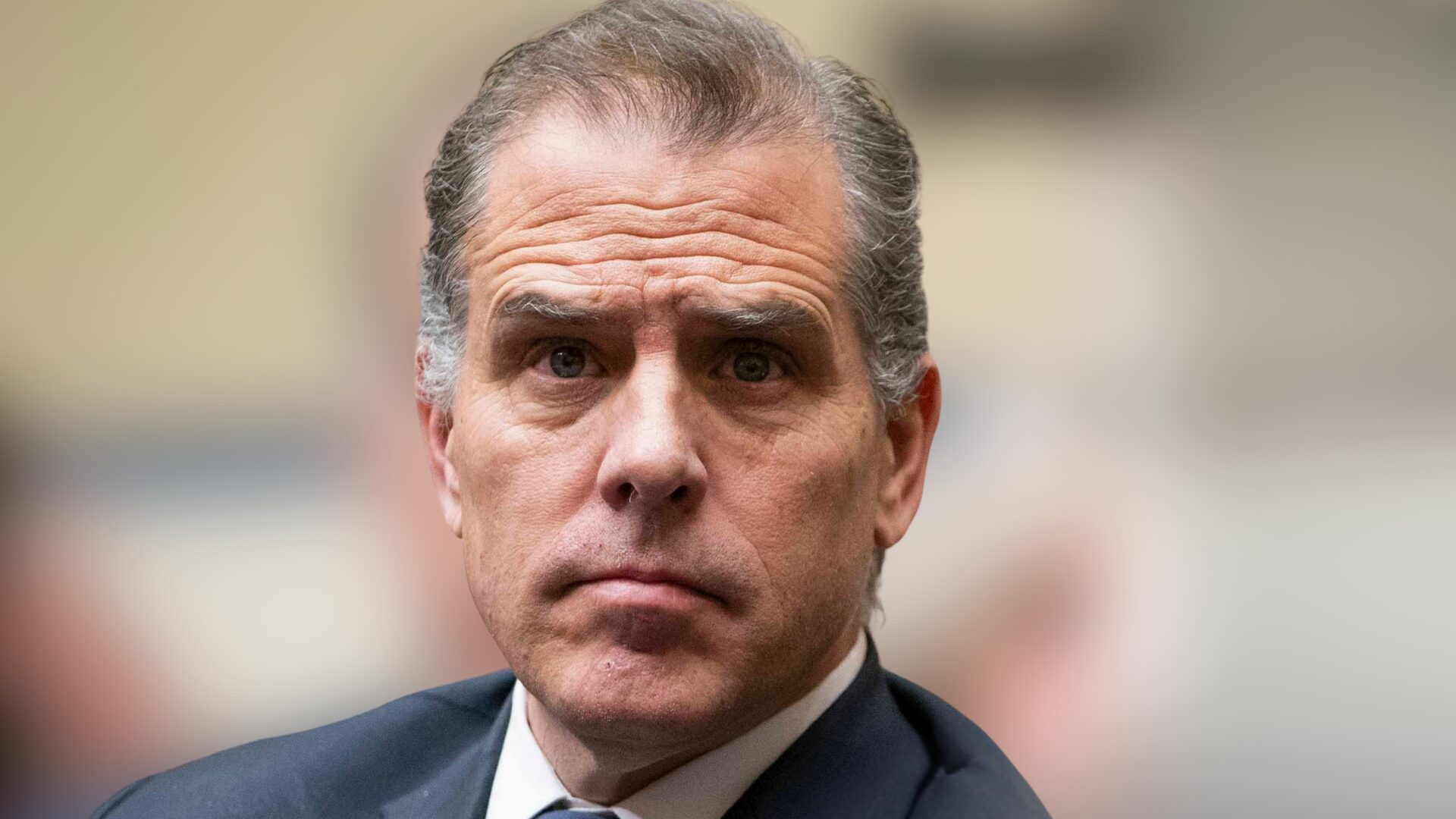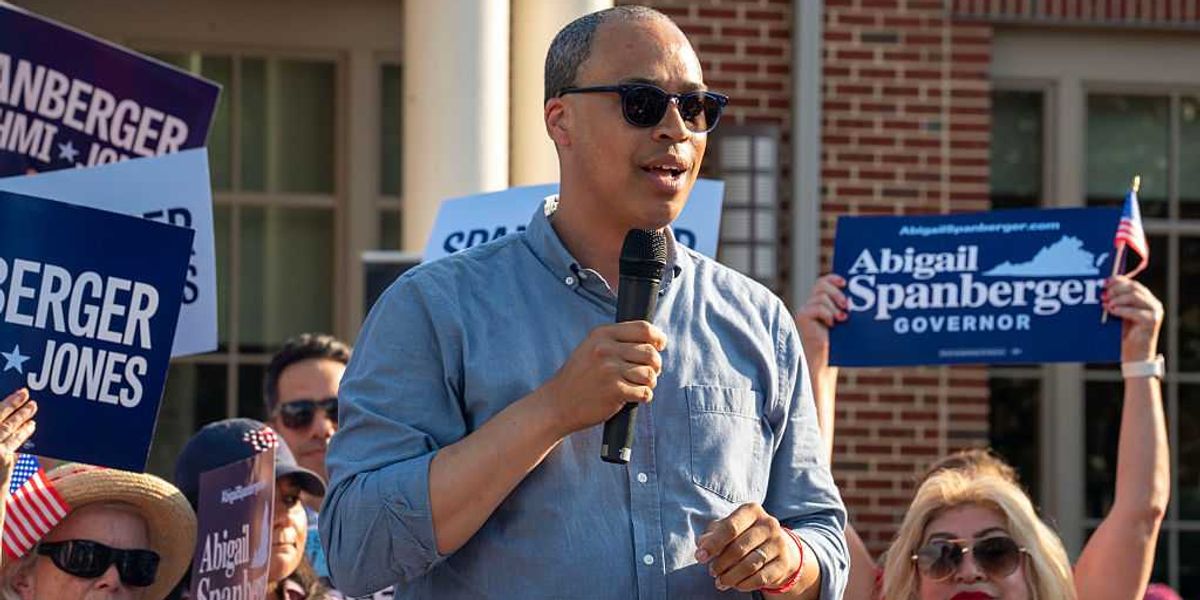President Donald Trump announced Sunday that the United States will impose a 100% tariff on all movies produced outside of the country and imported into the U.S. market.
The move, he said, is intended to revive the domestic film industry, which he described as being in rapid decline due to aggressive foreign incentives.
In a post published on Truth Social, Trump stated, “This is a concerted effort by other Nations and, therefore, a National Security threat. It is, in addition to everything else, messaging and propaganda.”
Trump’s Sovereign Wealth Fund: What Could It Mean For Your Money?
Trump said he has directed relevant U.S. agencies, including the Department of Commerce, to immediately begin the process of imposing the new tariff.
The measure is aimed at incentivizing domestic film production and reversing what he called the dying state of the U.S. movie industry.
“WE WANT MOVIES MADE IN AMERICA, AGAIN!” Trump added in the same post.
This Could Be the Most Important Video Gun Owners Watch All Year
Commerce Secretary Howard Lutnick later posted on X, “We’re on it,” indicating the agency would take steps to follow through on Trump’s directive.
We’re on it. https://t.co/r5zCLxZrem
— Howard Lutnick (@howardlutnick) May 4, 2025
Neither Trump nor Lutnick released details regarding how the tariff would be implemented or enforced, and it remains unclear whether the policy would target foreign studios, U.S.-based companies filming abroad, or both.
Trump says “Hollywood is being destroyed” while saying foreign made movies should be tariffed.
“Hollywood is being destroyed … If they’re not willing to make a movie inside the United States, then we should have a tariff on movies that come in.”
— Oli London (@OliLondonTV) May 5, 2025
FilmLA, a non-profit group that tracks production in the Los Angeles region, reported that film and television production in L.A. has dropped nearly 40% over the past decade.
At the same time, countries around the world have been actively offering financial incentives, including tax credits and cash rebates, to lure American productions overseas.
Industry analysts, including Ampere Analysis, estimate that $248 billion will be spent globally on content production in 2025.
The Trump administration’s move could have widespread implications for the entertainment industry, particularly as many major U.S. studios increasingly rely on international locations to cut costs or take advantage of favorable regulatory environments.
Trump’s call for a return to American-made films echoes themes from his broader trade agenda.
During his previous term, Trump launched a trade war with China and introduced sweeping tariffs on goods from various countries.
Those actions disrupted global markets and sparked concerns about recession risk in the United States at the time.
William Reinsch, a former senior Commerce Department official and now a senior fellow with the Center for Strategic and International Studies, warned that retaliatory actions could severely damage the U.S. entertainment sector.
“The retaliation will kill our industry. We have a lot more to lose than to gain,” Reinsch said.
He also expressed skepticism about the justification, stating it would be “difficult to make a national security or national emergency case for movies.”
At present, the exact legal and regulatory framework for the new tariffs has not been made public.
It is also not known whether the measure will face legal challenges or pushback from industry groups.
The announcement represents a continuation of President Trump’s America First economic policy, expanding its scope into the entertainment sector as part of a larger push to repatriate production and counter foreign influence in U.S. media.
Connect with Vetted Off-Duty Cops to Instantly Fulfill Your Security Needs
The opinions expressed by contributors and/or content partners are their own and do not necessarily reflect the views of LifeZette. Contact us for guidelines on submitting your own commentary.
Read the full article here


![Make Movies in America or Pay the Price [WATCH] Make Movies in America or Pay the Price [WATCH]](https://www.boredtrashpanda.com/wp-content/uploads/2025/05/2025.05.05-10.59-boredtrashpanda-68189a09bb89a.jpg)









![Virginia Dem Senator Donated $25K to AG Candidate Who Wished Death on His Opponent’s Kids [WATCH] Virginia Dem Senator Donated $25K to AG Candidate Who Wished Death on His Opponent’s Kids [WATCH]](https://www.lifezette.com/wp-content/uploads/2025/10/2025.10.08-10.16-lifezette-68e639fd999a7.jpg)